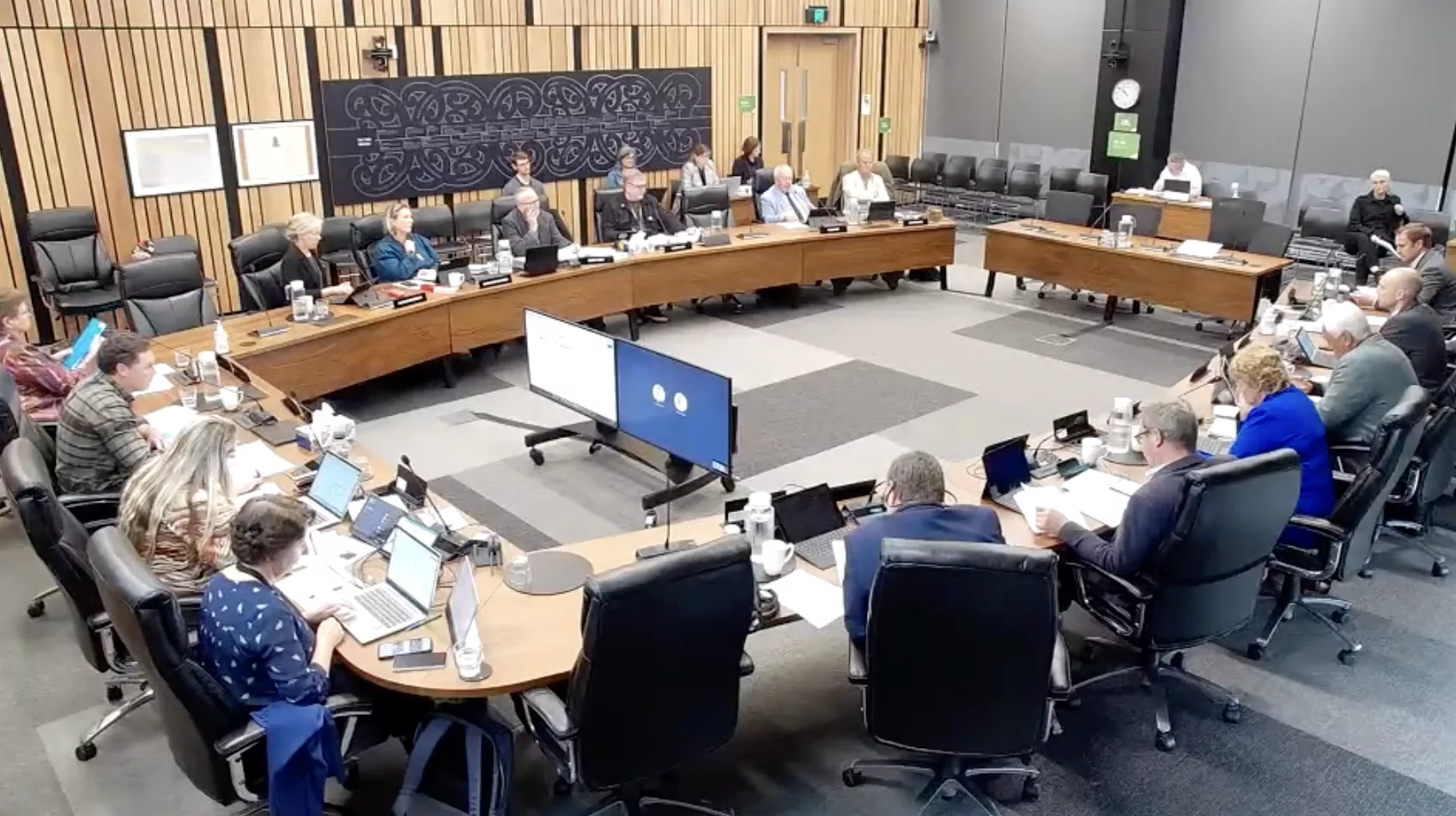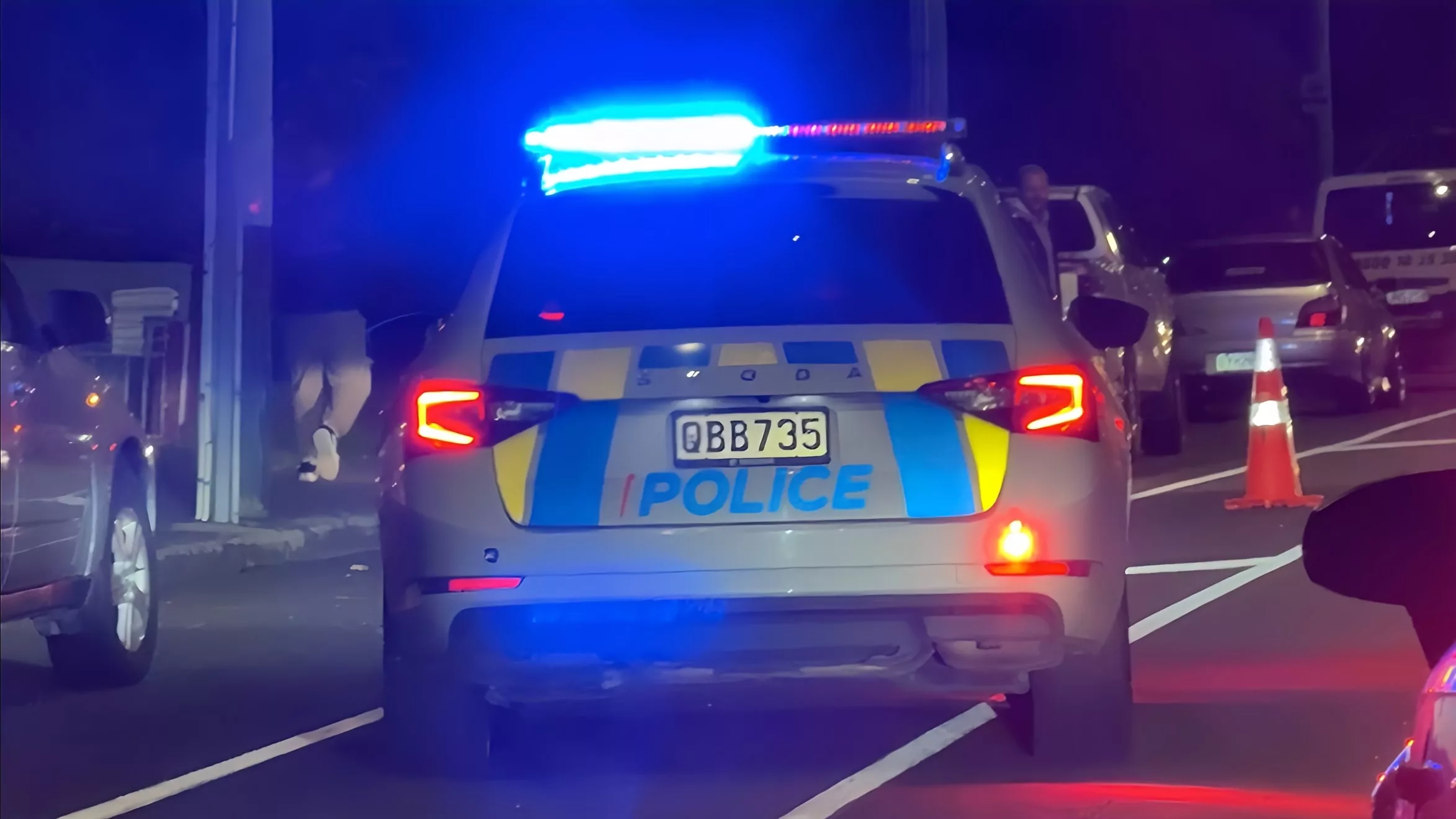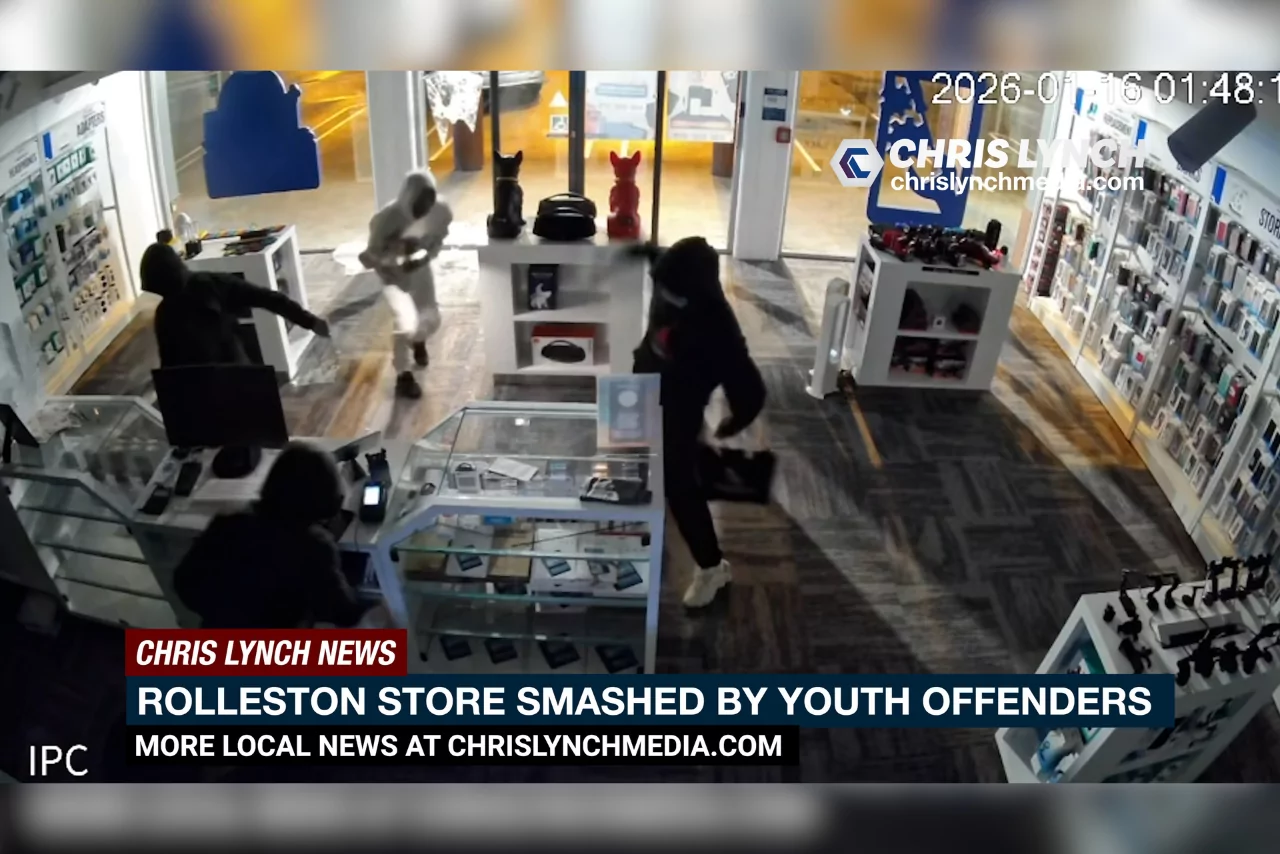Escaped youth tracked by Eagle helicopter, found hiding in New Brighton
The young person who escaped from a youth justice facility in Rolleston has been located...

Environment Canterbury councillors have voted down a proposed policy that some criticised as potentially limiting elected members’ ability to freely express their views on social media and in the media.
The policy, introduced at Wednesday’s council meeting by Director of Communications and Engagement Tafflyn Bradford-James, was intended to “enable councillors to make public statements about the work of the Regional Council in a way that keeps councillors, the Council’s mana whenua partner, and the community, safe.”
But it sparked immediate backlash from elected members, who said it risked undermining their political independence and freedom of expression.
Councillor Grant Edge slammed the policy, likening it to George Orwell’s 1984.
“The policy reads like for me a synopsis from 1984, where the slogan Big Brother is watching you was used to describe constant surveillance of ideological purity of characters in the book,” Edge said.
“Councillors are not inferior beings whose ideas and opinions do not matter. This policy is too risk averse … the ability to challenge others in the organisation is my prerogative.”
Councillor Genevieve Robinson said “I’m not a fan of this at all, to be honest. It hasn’t changed since really we had early discussions on it. It still feels a bit like a gag order, as far as I’m concerned. And what also concerns me is that there’s been no legal oversight review on it, so that concerns me as well.”
Councillor Vicky Southworth questioned the rationale behind staff concerns about councillors sharing personal opinions.
“I’m not quite sure how an Environment Canterbury councillor putting out some opinion makes various groups of stakeholders and so on unsafe in responding,” she said.
Bradford-James, who presented the policy denied it was about censorship, saying it had been developed “in parallel with the Code of Conduct conversations” and was about “enabling behaviours” that balance openness with safety.
Councillor Joe Davies said he was comfortable supporting the policy because it was framed as guidance rather than enforceable rules.
“Page six of the policy indicates if a councillor is approached directly by the media the ideal process is outlined, but crucially this remains guidance — it’s not an enforceable rule,” He said. “I’m content with the current policy providing the guidance and also the governance principles, so I will support this adoption today.”
But Councillor Ian Mackenzie said “This is clearly going to create more complications because it adds a large grey area as to what you’re not allowed to do without giving any clarity,” he said. “The council is going to be bogged down by its own stupidity if it passes this. I agree.”
The council report, authored by Bradford-James, said the aim was to “formalise a shared understanding of how public statements are handled to mitigate risks” and apply “channel agnostic” rules across all forms of communication, including social media.
It warned of reputational, legal, and service delivery risks from statements that were “inaccurate, inconsistent, misleading or biased.”
The policy would have prohibited councillors from using pseudonyms, pre-empting council decisions in public, or making unauthorised operational statements.
It also encouraged councillors to report “offensive, inaccurate or potentially misleading communications” to the Chair or Chief Executive.


